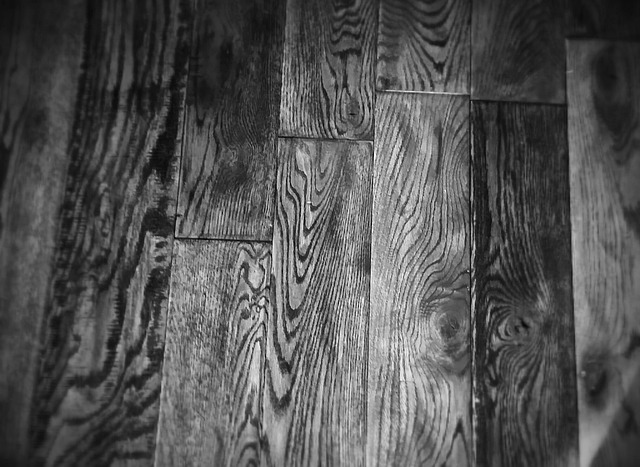Selecting anti-slip flooring in Denver requires considering climate, functionality, aesthetics, and safety. Outdoor carpeting and LVT flooring are top choices for different areas. DIY installations need proper preparation, while professional help is recommended for complex layouts. Measure and prepare floor space, then choose materials like self-adhesive tiles or vinyl with anti-slip coatings. Wear protective gear during installation, maintain a clean area, and check tools and materials for damage. Regular cleaning, sealing, and maintenance preserve the flooring's slip-resistant properties.
Looking to enhance your Denver home with safe, slip-resistant flooring? This comprehensive guide walks you through installing anti-slip floors in your Denver den. From understanding local needs and selecting ideal materials to ensuring proper safety during installation, we cover it all. Learn the step-by-step process, final touches, and maintenance tips for a durable, secure surface that offers peace of mind. Implement these expert tips and transform your space with anti-slip flooring Denver trusts.
- Understanding Anti-Slip Flooring Needs in Denver
- Selecting Suitable Materials for Your Den
- Measuring and Preparing Your Floor Space
- Installation Process Step-by-Step
- Ensuring Proper Safety Measures During Install
- Final Touches and Maintenance Tips
Understanding Anti-Slip Flooring Needs in Denver
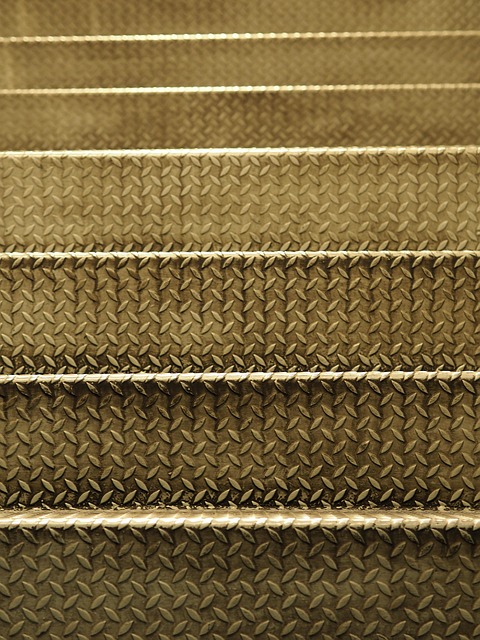
In Denver, understanding the specific needs for anti-slip flooring is key to ensuring safety and comfort in various areas of your home. With varying climate conditions and outdoor activities, choosing the right type of anti-slip flooring becomes essential. For instance, outdoor carpeting in Denver offers a natural grip and is suitable for decks or patios, providing traction even when wet from snow or rain. Alternatively, LVT (Luxury Vinyl Tile) flooring Denver is a popular choice due to its durability, water resistance, and slip-resistant properties, making it ideal for kitchens, bathrooms, and high-traffic areas.
When considering DIY anti-slip floor installation, it’s crucial to assess the space and select materials that align with your needs. Proper preparation of the surface is vital for a successful install. Whether you opt for outdoor carpeting or LVT flooring Denver, ensuring a secure fit will enhance the effectiveness of the anti-slip properties. Additionally, professional installation should be explored for complex layouts to guarantee optimal performance and safety in navigating these floors.
Selecting Suitable Materials for Your Den
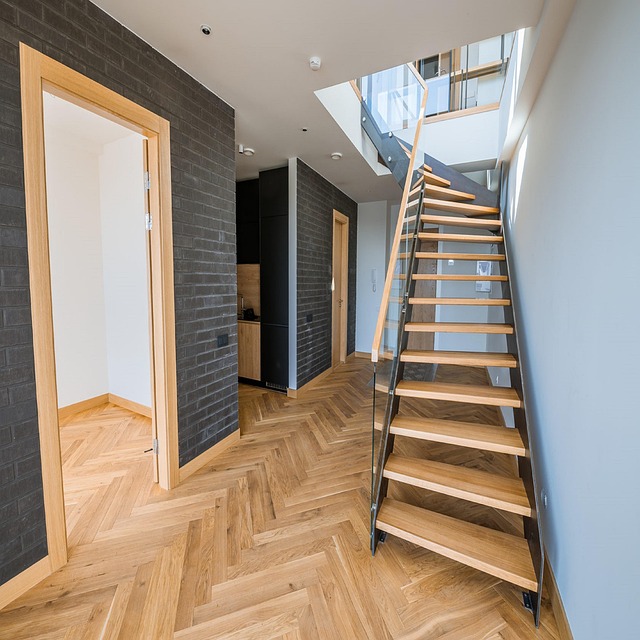
When selecting materials for your anti-slip flooring in Denver, consider both functionality and aesthetics. Look for options that offer superior traction, especially if your den is prone to wet or slippery conditions. Non-toxic, eco-friendly choices are increasingly available in Denver, making it easier than ever to find durable and safe options at a range of price points.
In addition to traditional materials like vinyl and rubber, explore innovative anti-slip flooring buyer’s guide options that blend style with safety. From wood finishes with textured coatings to luxury vinyl tiles designed for superior grip, the possibilities extend far beyond plain old linoleum. Factor in your budget and the overall look you want to achieve to make the best selection for your Denver home.
Measuring and Preparing Your Floor Space
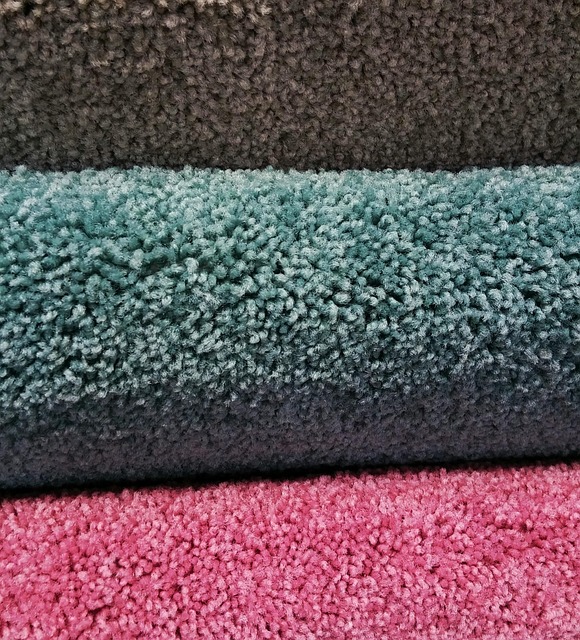
Before installing any anti-slip flooring in Denver, it’s crucial to properly measure and prepare your floor space. Start by assessing the area you want to cover, taking into account the dimensions and layout. Use measuring tapes to ensure accurate measurements, noting any unique features like angles or protruding objects that might affect placement. Once you have the exact measurements, create a detailed plan of your floor layout, marking potential spots for anti-slip flooring installations.
Preparing the space involves clearing it of all furniture and obstructions, ensuring easy access for materials and tools. Inspect the existing floor to determine if any repairs or treatments are necessary before adding anti-slip properties. This might include sanding down rough surfaces or addressing moisture issues, especially when considering carpet Denver options known for their slip-resistant qualities. Meeting building codes with anti-slip health standards is essential, so ensure your preparations align with local regulations and consider seeking expert advice to select the best anti-slip flooring reviews Denver has to offer.
Installation Process Step-by-Step
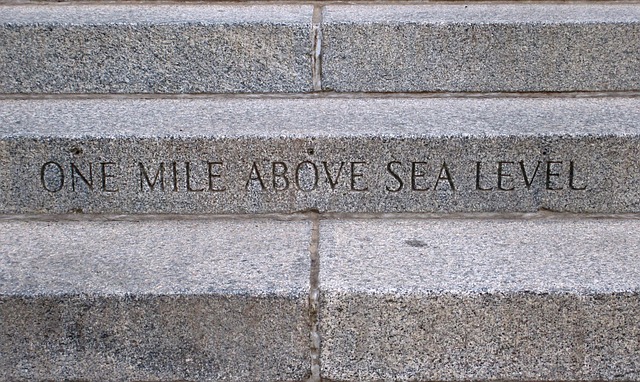
Installing anti-slip flooring in your Denver home is a straightforward process that can enhance safety and comfort in your den or any other high-traffic area. Here’s a step-by-step guide to help you navigate through the DIY anti-slip floor installation, ensuring a secure and slip-resistant surface.
First, assess the space you want to cover and choose the right anti-slip floor materials options. For a quick fix or smaller areas, you can opt for self-adhesive tiles or mats. If you’re planning a more extensive project, consider durable vinyl flooring with an anti-slip coating. Remove any existing flooring and prepare the subfloor by cleaning and ensuring it’s free from debris. Once ready, start laying down your chosen anti-slip floor materials, following the manufacturer’s instructions. For wall tiles in Denver or larger panels, use appropriate tools for precise cuts to fit around corners or obstacles. After installation, test the surface for slip resistance to ensure a safe environment for your family and guests.
Ensuring Proper Safety Measures During Install

When installing anti-slip floors in your Denver home, safety should be your top priority. This is especially crucial when working with materials like Laminate Flooring Denver or LVT Flooring Denver, which require precise cuts and installations to ensure a secure fit. Always wear appropriate protective gear, including gloves and eye protection, to minimize the risk of accidents. Additionally, maintain a clean and clutter-free work area to prevent trips and falls while you’re installing.
Regularly check the tools and materials for any signs of damage or defects before starting the installation process. With carpet Denver, for example, ensure that the underlayment is in good condition and properly secured to provide an effective barrier against slips and falls. Proper safety measures not only protect you during installation but also guarantee a safer environment for everyone who uses the space afterward.
Final Touches and Maintenance Tips

After successfully installing anti-slip flooring in your Denver home, remember that proper maintenance is key to ensuring its longevity and effectiveness. Regular cleaning with mild detergents and a mop or vacuum will help maintain the floor’s non-slip properties. Avoid using harsh chemicals or abrasive cleaners, as these can damage the surface.
For ultimate care, consider sealing the flooring periodically to protect against stains and moisture. This simple step goes a long way in preserving your anti-slip flooring Denver investment, ensuring it remains slip-resistant for years to come, and providing peace of mind, especially in areas prone to spills or wet conditions like your home denver. Think of rubber flooring Denver or carpet Denver installations as an ongoing project—with minimal upkeep, they’ll continue to offer enhanced safety and comfort throughout your space.
Installing anti-slip floors in your Denver home can significantly enhance safety and comfort, especially in areas prone to moisture or high foot traffic. By understanding your specific needs, selecting the right materials, and following a meticulous installation process, you can transform your space into a safer haven. Remember to prioritize proper safety measures during the install and maintain your new anti-slip flooring for longevity. With these steps, Denver residents can now enjoy increased traction and peace of mind with their updated floorings.
